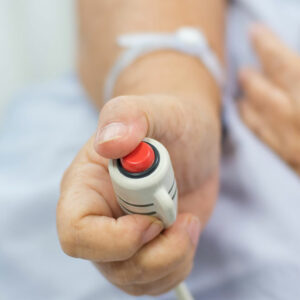
health
5 early warning signs of hereditary angioedema
Hereditary Angioedema or HAE, as referred by specialists, is a rare condition that is passed down genetically. It affects the immune system, causing erratic control over inflammatory responses. As a result, one might experience swelling in vital organs, primarily affecting the skin, respiration, and even the gastrointestinal tract. HAE symptoms may develop as early as puberty or later during adulthood and present moderate to severe symptoms. Here is a brief overview. Common triggers of HAE HAE can be the result of stress, anxiety, or even develop as a side effect of certain prescriptions given to manage other known conditions. Further, complications from a surgical procedure, underlying chronic illnesses, allergic reactions to certain foods or beverages, and even external environmental factors can result in the following symptoms. Skin problems Visible changes in the texture and surface of the skin are among the first signs of developing angioedema. Skin tightness and a tingling sensation are among the first signs of skin problems that one might notice. The severity of the disease progression will determine the intensity of the swelling. Initially, there is no pain, but as the symptoms persist, swelling in the hands, feet, face, mouth, genitals, and even the buttocks, where the skin will become more painful to touch.












